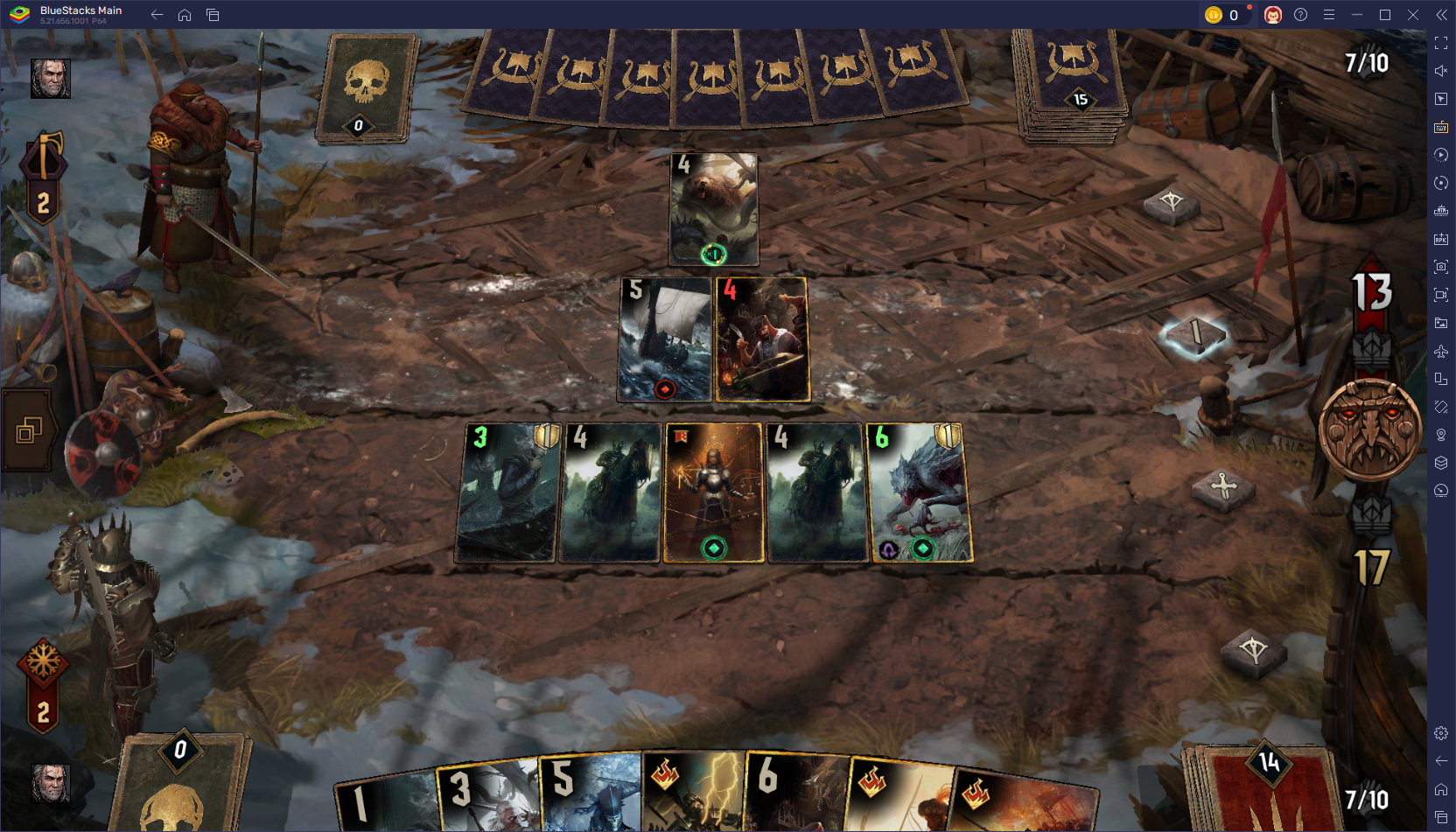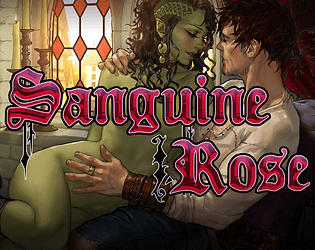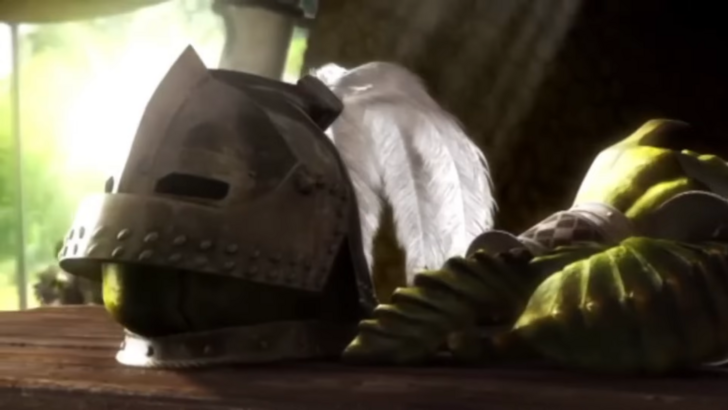 While often overlooked, the Monster Hunter narrative offers more depth than initially apparent. This deep dive explores the underlying themes and evolving storylines within the series.
While often overlooked, the Monster Hunter narrative offers more depth than initially apparent. This deep dive explores the underlying themes and evolving storylines within the series.
← Return to Monster Hunter Wilds' main article
Monster Hunter's Narrative Evolution
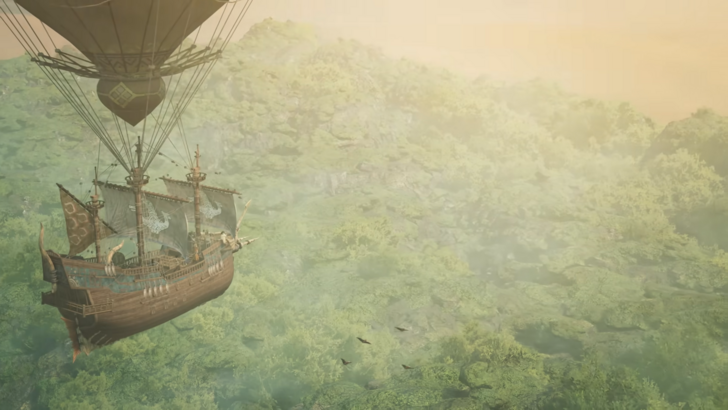 Monster Hunter isn't primarily a story-driven game; many consider the narrative secondary to the gameplay. However, this doesn't mean the story is nonexistent. The mission-based structure, where quests dictate the player's actions, often overshadows the overarching narrative.
Monster Hunter isn't primarily a story-driven game; many consider the narrative secondary to the gameplay. However, this doesn't mean the story is nonexistent. The mission-based structure, where quests dictate the player's actions, often overshadows the overarching narrative.
But is it truly that simple? Is Monster Hunter merely a series of hunts driven by profit, fashion, and the thrill of the chase? Let's examine the mainline series to uncover the deeper meaning.
The Hunter's Journey
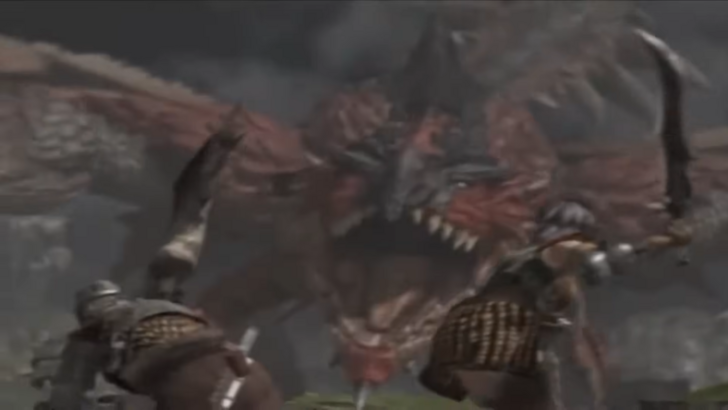 Most Monster Hunter games follow a similar structure: a novice hunter accepts quests, gradually progressing to hunt increasingly powerful monsters, ultimately becoming the village's top hunter. This progression, culminating in defeating the game's final boss (e.g., Fatalis in Monster Hunter 1), forms the core gameplay loop. Even recent installments, while emphasizing narrative, retain this fundamental structure. However, titles like World, Rise, and their expansions significantly enhance the overarching story.
Most Monster Hunter games follow a similar structure: a novice hunter accepts quests, gradually progressing to hunt increasingly powerful monsters, ultimately becoming the village's top hunter. This progression, culminating in defeating the game's final boss (e.g., Fatalis in Monster Hunter 1), forms the core gameplay loop. Even recent installments, while emphasizing narrative, retain this fundamental structure. However, titles like World, Rise, and their expansions significantly enhance the overarching story.
Maintaining Ecological Balance
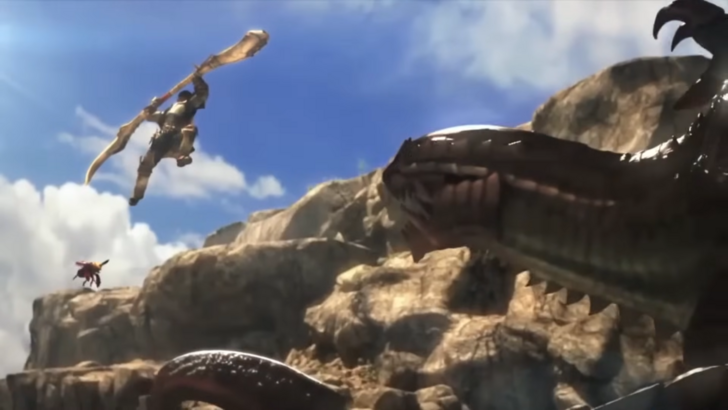 The series often portrays the hunter as a force maintaining ecological balance. Monster Hunter 4 (MH4), for instance, highlights the Gore Magala's threat due to the Frenzy Virus, a disease spreading aggression among monsters. The Gore Magala serves as a clear antagonist, its defeat crucial to restoring balance.
The series often portrays the hunter as a force maintaining ecological balance. Monster Hunter 4 (MH4), for instance, highlights the Gore Magala's threat due to the Frenzy Virus, a disease spreading aggression among monsters. The Gore Magala serves as a clear antagonist, its defeat crucial to restoring balance.
However, Monster Hunter: World and Iceborne offer a more nuanced perspective. Iceborne's ending suggests that while humans strive to restore balance, they have much to learn about the natural order.
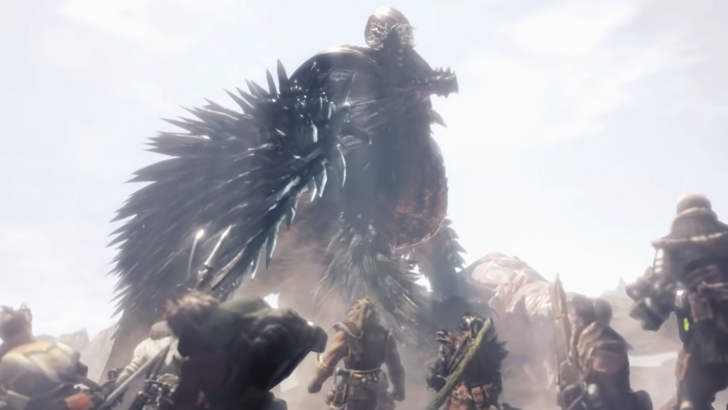 The game portrays Nergigante as a natural force of balance, challenging the simplistic notion of human intervention. While Nergigante's role might seem underwhelming, it perfectly encapsulates the game's theme. The base game's ending labels the hunter a "Sapphire Star," linking to the in-game creation myth, "The Tale of the Five." This implies the Research Commission accepts its role as nature's guardian, guided by the hunter.
The game portrays Nergigante as a natural force of balance, challenging the simplistic notion of human intervention. While Nergigante's role might seem underwhelming, it perfectly encapsulates the game's theme. The base game's ending labels the hunter a "Sapphire Star," linking to the in-game creation myth, "The Tale of the Five." This implies the Research Commission accepts its role as nature's guardian, guided by the hunter.
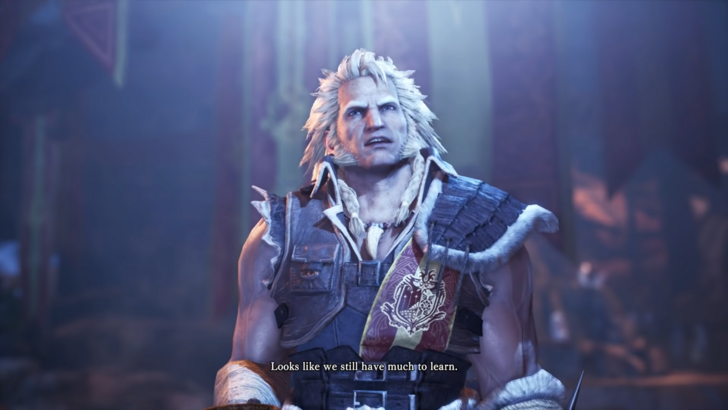 Iceborne's ending contrasts this, highlighting the Commission's need for further understanding of nature's processes. This juxtaposition reflects the unpredictable nature of the ecosystem and its ability to thrive without human interference. This interpretation adds depth to the seemingly straightforward monster-hunting gameplay. Furthermore, the series subtly explores the monsters' perception of the hunter.
Iceborne's ending contrasts this, highlighting the Commission's need for further understanding of nature's processes. This juxtaposition reflects the unpredictable nature of the ecosystem and its ability to thrive without human interference. This interpretation adds depth to the seemingly straightforward monster-hunting gameplay. Furthermore, the series subtly explores the monsters' perception of the hunter.
The Hunter's Impact: A Mirror Reflection
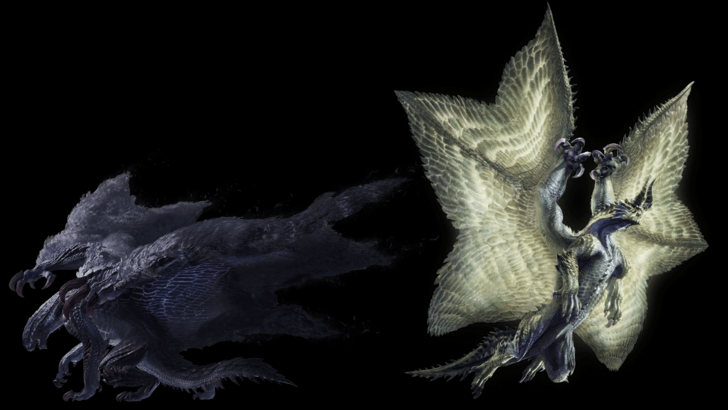 In MH4, defeating the Gore Magala only reveals its evolved form, the Shagaru Magala. This mirrors the player's own progression, upgrading equipment and facing stronger challenges. This suggests that monsters, too, learn and adapt to the hunter's actions.
In MH4, defeating the Gore Magala only reveals its evolved form, the Shagaru Magala. This mirrors the player's own progression, upgrading equipment and facing stronger challenges. This suggests that monsters, too, learn and adapt to the hunter's actions.
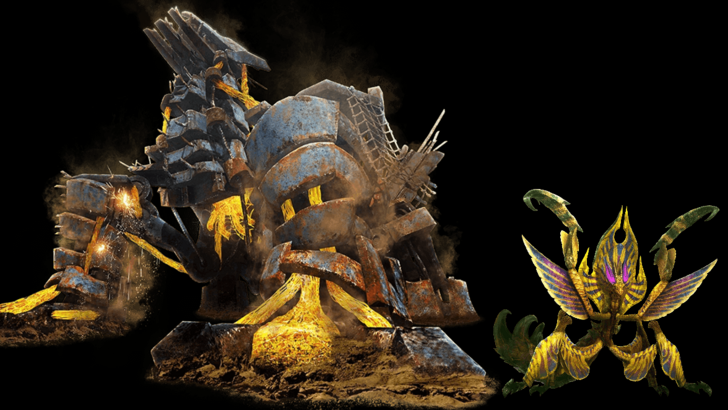 The Ahtal-Ka in Monster Hunter Generations Ultimate exemplifies this. This unique monster, a gigantic insect, utilizes technology and weaponry reminiscent of the hunter's own, showcasing a remarkable adaptation to the hunter's methods. Its use of mechanical constructs and even a weaponized wheel reflects the hunter's ingenuity, highlighting the cyclical nature of adaptation and evolution within the ecosystem.
The Ahtal-Ka in Monster Hunter Generations Ultimate exemplifies this. This unique monster, a gigantic insect, utilizes technology and weaponry reminiscent of the hunter's own, showcasing a remarkable adaptation to the hunter's methods. Its use of mechanical constructs and even a weaponized wheel reflects the hunter's ingenuity, highlighting the cyclical nature of adaptation and evolution within the ecosystem.
The Personal Narrative: Man vs. Wild
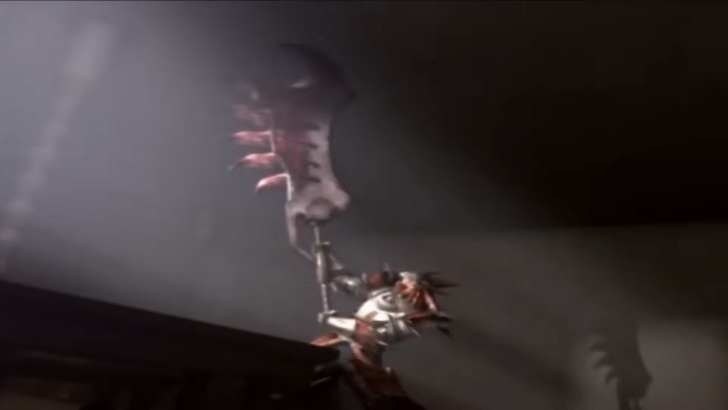 Ultimately, Monster Hunter is a personal journey of growth and overcoming challenges. The initial encounter with the Tigrex in Monster Hunter Freedom 2, where the hunter is defeated, serves as a powerful motivator. This early setback sets the stage for the player's subsequent triumphs, highlighting the game's focus on personal growth and overcoming adversity.
Ultimately, Monster Hunter is a personal journey of growth and overcoming challenges. The initial encounter with the Tigrex in Monster Hunter Freedom 2, where the hunter is defeated, serves as a powerful motivator. This early setback sets the stage for the player's subsequent triumphs, highlighting the game's focus on personal growth and overcoming adversity.
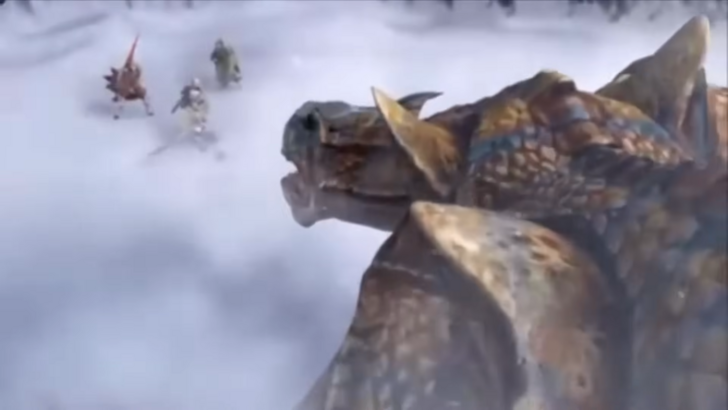 Later encounters with the same monster emphasize this progression, demonstrating the hunter's improvement. This creates a deeply personal narrative for the player, mirroring the thrill of overcoming seemingly insurmountable odds. The newer games, with their more developed storylines, enhance this experience, offering a more immersive narrative while still retaining the core gameplay loop.
Later encounters with the same monster emphasize this progression, demonstrating the hunter's improvement. This creates a deeply personal narrative for the player, mirroring the thrill of overcoming seemingly insurmountable odds. The newer games, with their more developed storylines, enhance this experience, offering a more immersive narrative while still retaining the core gameplay loop.
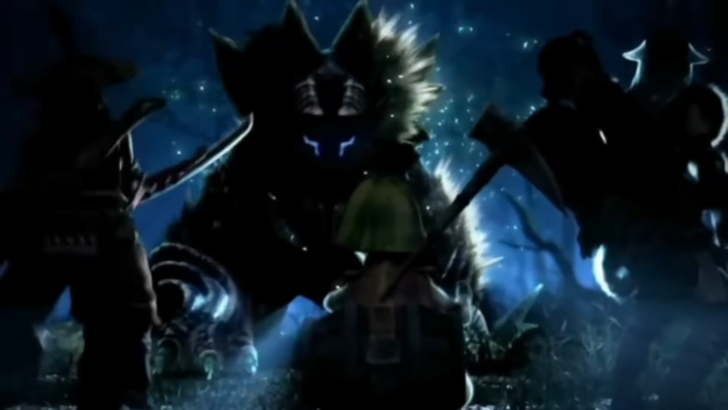 While Monster Hunter's narratives may not be the most elaborate, they effectively intertwine gameplay and personal growth, creating a memorable and engaging experience for the player. The series' evolving approach to storytelling enhances this, making the game more accessible and engaging for a wider audience.
While Monster Hunter's narratives may not be the most elaborate, they effectively intertwine gameplay and personal growth, creating a memorable and engaging experience for the player. The series' evolving approach to storytelling enhances this, making the game more accessible and engaging for a wider audience.



